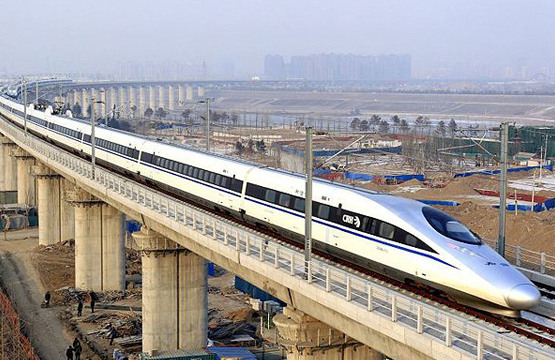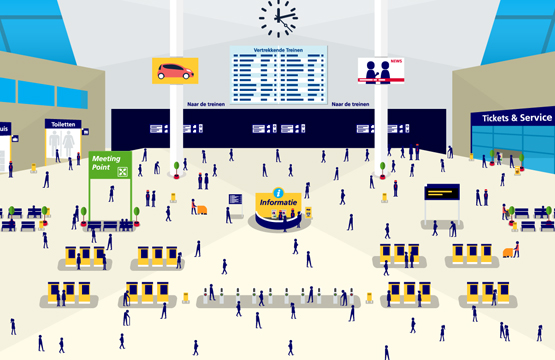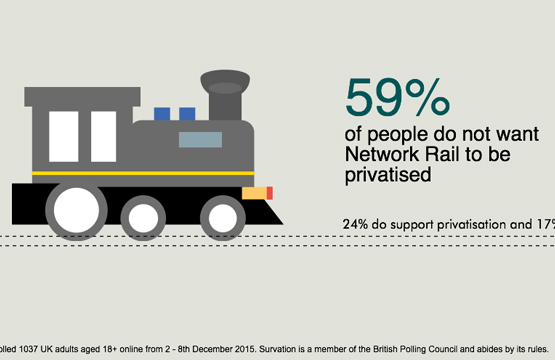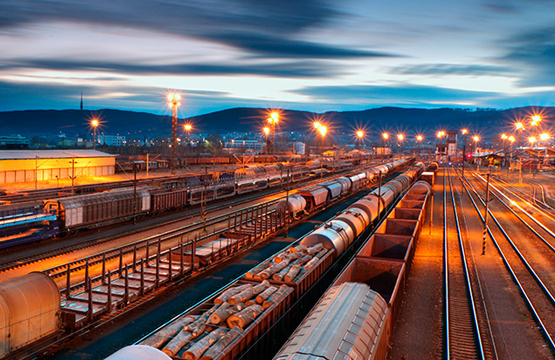Railways Solutions

Introduction
Safety and security and considered a critical issue in railways. Applying geographic information system (GIS) and Global Positioning System (GPS) in the railway becomes very important. Web-based GIS makes it easy to exchange information and create better public communication through the Web site. It helps to plan for a trip by checking train times, stations and different lines between stations. This is done through the Web site of the railway organization, which contains maps and databases. Therefore, in this paper, the presented research work concentrates on using GIS to retrieve any data related to railway. This is done in real-time at anywhere. Furthermore, it is easy to access information and check its validity through the Internet.
Presentation
In addition to maintaining infrastructure network information, railway organizations are trying to use GIS for decision support operations. Because advanced technology provides interoperability support, it can be used to create a comprehensive railway information system that supports all critical business processes. Railway organizations make use of GIS and advanced technology to perfectly monitor safety and security. Because they are responsible for ensuring the safety and security of railway passengers, railway managers need for rapid response information systems to avoid incidents. The main objective of this research work is to create an efficient railway GIS that makes trains go automatic without human intervention to avoid human mistakes that may cause a lot of accidents.


Infrastructure management and maintenance planning
 Bridges, tunnels, and track networks
Bridges, tunnels, and track networks
 Communications and signaling networks
Communications and signaling networks
 Electric power distribution networks
Electric power distribution networks
 Rail yards and other campus facilities
Rail yards and other campus facilities
Real estate management
 Valuation maps
Valuation maps
 Lease and tenant management
Lease and tenant management
Rolling stock management
 Locomotive health and well-being
Locomotive health and well-being
 Shipment and asset tracking
Shipment and asset tracking
Safety and security
 Incident tracking
Incident tracking
 Response management
Response management
 Safety planning
Safety planning
 Access management
Access management
 Risk assessment
Risk assessment
Design and construction
 Environmental compliance
Environmental compliance
 Capacity modeling
Capacity modeling
 ROW acquisition
ROW acquisition
Supply chain analysis
 Commodity flow history
Commodity flow history
 Marketing analysis
Marketing analysis
Passenger information systems
Intermodal management

